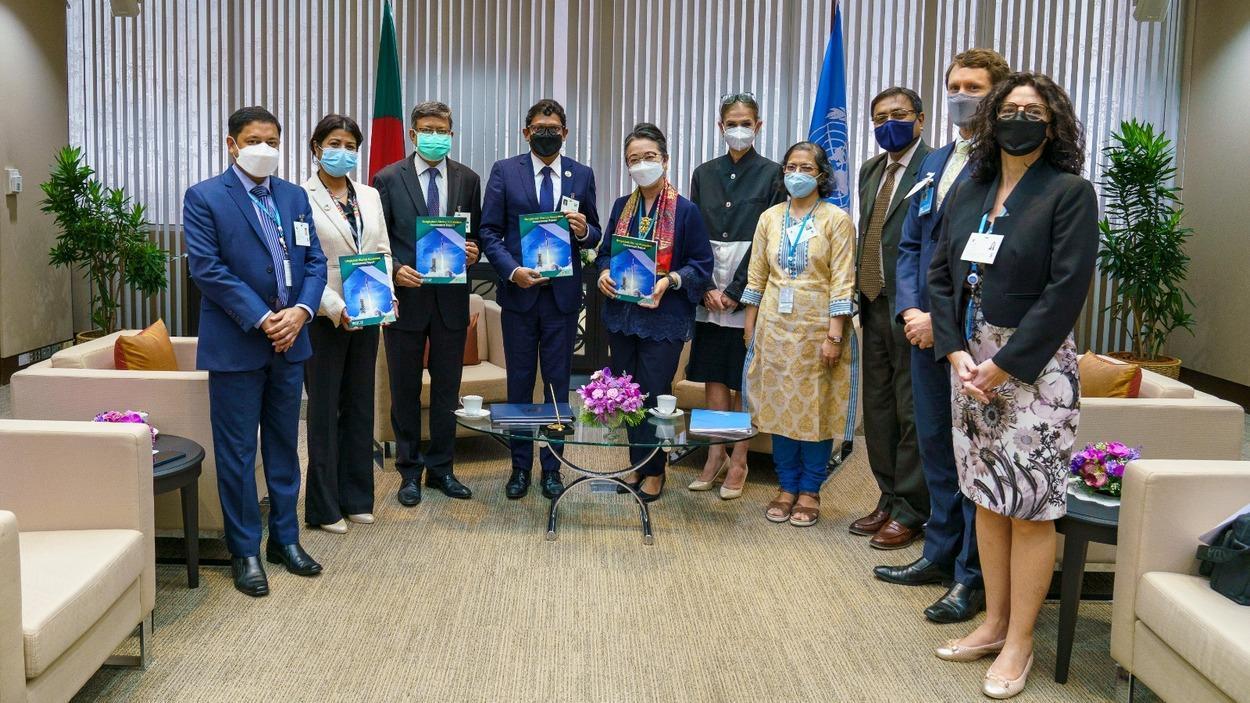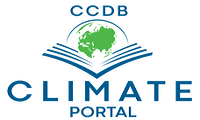United Nations launches Startup Ecosystem Assessment Report in Bangladesh

The United Nations Economic and Social Commission for Asia and the Pacific (ESCAP), in partnership with the Bangladesh High-Tech Park Authority, has launched the Startup Ecosystem Assessment Report (SEAR) for Bangladesh today. This in-depth diagnostic assessment report provides an overview of Bangladesh’s economic foundations, the current situation and policy environment for start-ups in the country, and ideas for possible future directions for Bangladesh’s digital future.
The report is based on a series of dialogues with key public and private stakeholders from the Bangladesh start-up ecosystem. ESCAP conducted this comprehensive assessment of the Bangladesh start-up ecosystem with the objective of analyzing the gaps and assessing the needs for capacity building relevant to startups. The report was based on extensive data review, interviews and discussions with key participants in Bangladesh’s start-up economy.
The report also contains a special inquiry on Gender Lens Investment (GLI), as it is imperative to focus on challenges of women start-up founders and entrepreneurs who may require inclusive policies and business practices. The report also serves as an evidence-gathering exercise on this swiftly changing sector should this information be needed during the formulation of the government’s relevant start-up policies in coming years.
Against a strong and growing economic backdrop, the report shows Bangladesh’s startup ecosystem at an important inflection point. A natural result of a youthful, educated population with excellent digital access, and investments in excess of USD459 million over the last five years, the startup environment is growing rapidly. The report generates action-oriented insights on current and possible future drivers of this robust expansion for use amongst myriad stakeholders.
“Startups are an important source of innovation for the Sustainable Development Goals. As Bangladesh’s startup community experiences phenomenal growth across a range of sectors, the time is right to strengthen the overall ecosystem to sustainably and equitably support this growth,” said Ms. Armida Salsiah Alisjahbana, Under-Secretary-General of United Nations and Executive Secretary of ESCAP at the launch held on 23 May in Bangkok.
Also at the launch, Honorable State Minister Zunaid Ahmed Palak, ICT Division highlighted, “Following the remarkable success of our Digital Bangladesh program, we are adopting Smart Bangladesh vision in order to build a high-income and prosperous country by 2041 through leveraging the opportunities being unfolded by the Fourth Industrial Revolution. To realize this vision, we are building a vibrant startup ecosystem in Bangladesh. The ecosystem is poised to generate thousands of startups with innovative solutions and products that would bring transformational changes to millions of lives. We are hopeful to see at least five unicorns by 2025.”
This report was initiated through a United Nations project coordinated by UNCTAD, UN DESA and the five UN regional commissions, to provide advisory and capacity-building support to governments to better enable the resurgence of micro, small and medium enterprises following the COVID-19 pandemic. Under the general framework of this global project, ESCAP has been working to offer support to Bangladesh through conducting research, and holding discussion and dissemination sessions, regarding the environment in Bangladesh for technology start-ups. The report was also generated in association with ESCAP’s Catalysing Women Entrepreneurship (CWE) programme, funded by Global Affairs Canada, which has reached more than 40,000 women entrepreneurs and mobilized more than USD64 million to support the growth of women-led enterprises in the Asia-Pacific region.
- Source Website: https://www.unescap.org/news/united-nations-launches-startup-ecosystem-assessment-report-bangladesh

